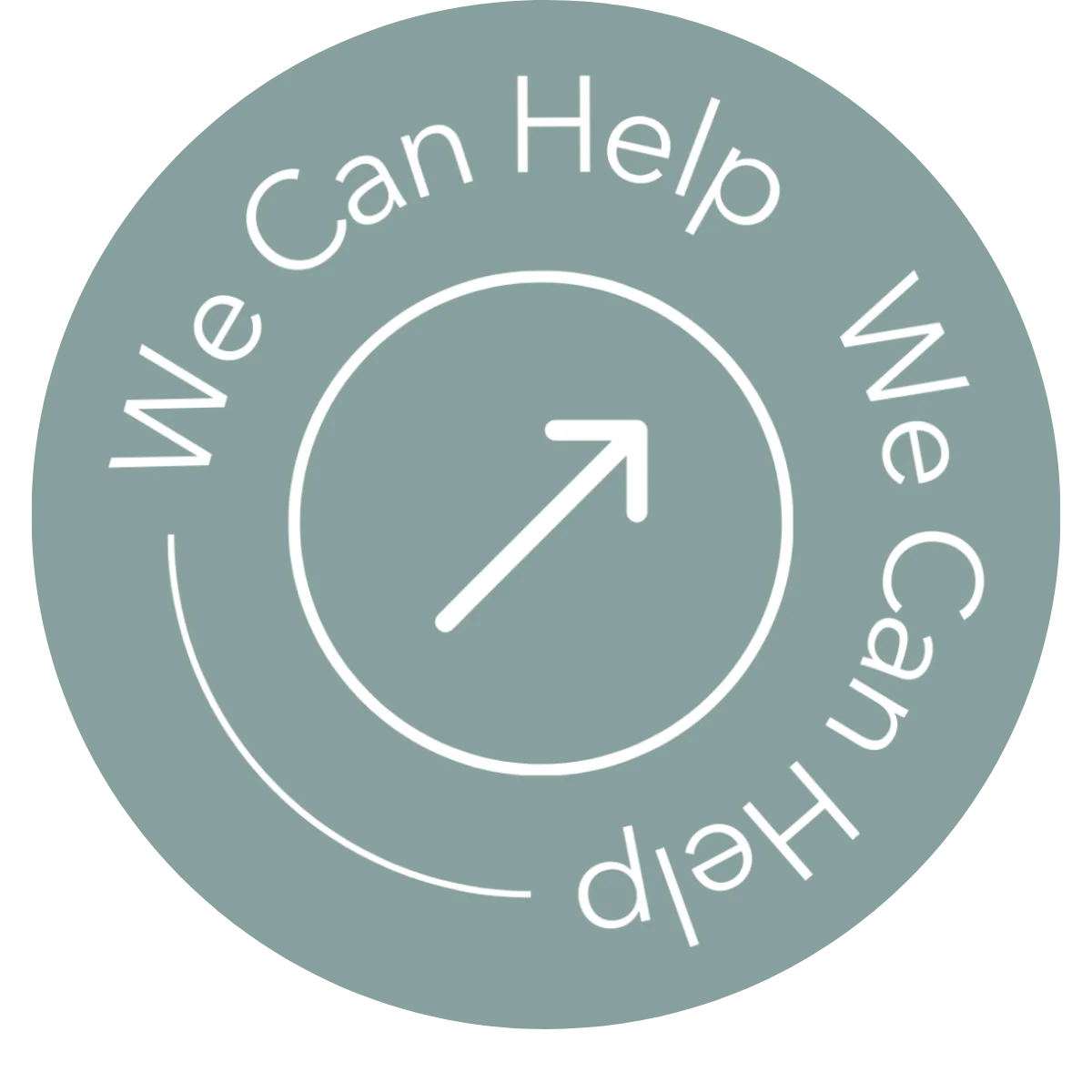Finding and Choosing Mental Health Treatment Centers
What Are Mental Health Treatment Centers?
Mental health treatment centers are facilities where people can get help and support for their mental and emotional well-being.
These centers provide a safe and caring environment where trained professionals offer therapy, counseling, and medical treatment to address various mental health challenges and conditions like depression, anxiety, addiction, and more.1
The goal is to help people understand and manage their emotions, develop coping skills, and work towards better mental health.

Types of Mental Health Treatment Centers
Residential Treatment Centers (RTC)
Outpatient Treatment Centers
In outpatient treatment, patients visit treatment centers for therapy, counseling, or medication management. Then, at the end of their treatment for the day, they can head back home.
This is a good option for individuals who can manage their daily lives but need some added guidance and support. It offers flexibility and allows people to maintain their daily routines.
Specialized Programs
Remember, mental health treatment is not one-size-fits-all. The right treatment choice depends on each person’s unique situation, goals, and needs.
Key Considerations When Searching For Mental Health Treatment Centers
Specialties
Treatment Methods
Cost and Insurance
Accreditations
Reviews and Recommendations
Personal Connection
Follow-Up Care
Finding the right mental health treatment center is about finding what’s best for you. Take your time, do your research, and don’t hesitate to ask questions until you find a place that feels like the right fit for your needs.
How Does The Location Of Mental Health Treatment Centers Impact an Individual's Access To Care?
Proximity
If a center is close to home, it’s easier for people to get there. Shorter travel means less stress, which can encourage more people to seek help. However, some individuals may prefer to stay in a facility farther away to ensure a new setting and fewer potential distractions from their daily lives.
Accessibility
Comfort Zone
Privacy
Specialized Care
Factors Contributing to the Effectiveness of Mental Health Treatment Centers
Treatment Modalities
- Therapy
- Medication
- Holistic approaches
Therapeutic Approaches
Staff Expertise
Personalized Care
Continuous Improvement
Insurance Coverage and Financial Aspects to Consider When Choosing a Treatment Center
Insurance Coverage
In-Network vs. Out-of-Network
Cost Transparency
Financial Assistance
Coverage Limits
Out-of-Pocket Expenses
Billing and Payment Plans
Emergency Coverage
Remember, your mental health is important. Finding mental health treatment centers that align with your financial situation is crucial. Don’t hesitate to ask questions and explore your options without straining your finances.
How to Navigate the Potential Challenges of Stigma or Concerns About Privacy When Seeking Local Mental Healthcare
Navigating stigma and privacy concerns when seeking mental health treatment in your local community can be challenging but essential for your well-being.
Understanding Stigma
Education and Awareness
Confidentiality Assurance
Trusted Contacts
Online Resources
Anonymous Helplines
Self-Care and Advocacy
Encouraging Conversations
Focus on Well-Being
Available Resources and Support Networks for Making Informed Decisions About Mental Health Treatment Centers
Mental Health Professionals
Primary Care Physicians
Health Insurance Provider
Support Groups
Joining support groups for individuals and families dealing with mental health challenges can provide recommendations and emotional support. Organizations like NAMI (National Alliance on Mental Illness) offer valuable resources.
Community Mental Health Centers
Employee Assistance Programs (EAPs)
Online Reviews
Local Mental Health Organizations

How Can Ethos Wellness Help?
Our Team of Experts
Our team of compassionate professionals offers various services, including therapy and counseling, to help you in achieving mental clarity and emotional balance. Your comfort, privacy, and individual needs are at the core of our approach.
- Aetna
- Blue Cross Blue Shield
- Cigna/Evernorth
- Magellan Healthcare
- United Healthcare
Contact Ethos Wellness Today
Your mental health matters and we are dedicated to helping you achieve your goals. Don’t hesitate to contact Ethos Wellness today.
Let us guide you towards increased happiness, resilience, and well-being.
Resources
- https://www.ncbi.nlm.nih.gov/pmc/articles/PMC9116241/
- https://ijmhs.biomedcentral.com/articles/10.1186/s13033-021-00507-6
- https://www.ncbi.nlm.nih.gov/pmc/articles/PMC4236908/
- https://www.jstor.org/stable/143189
- https://www.wgu.edu/heyteach/article/importance-mental-health-awareness-schools1810.html


